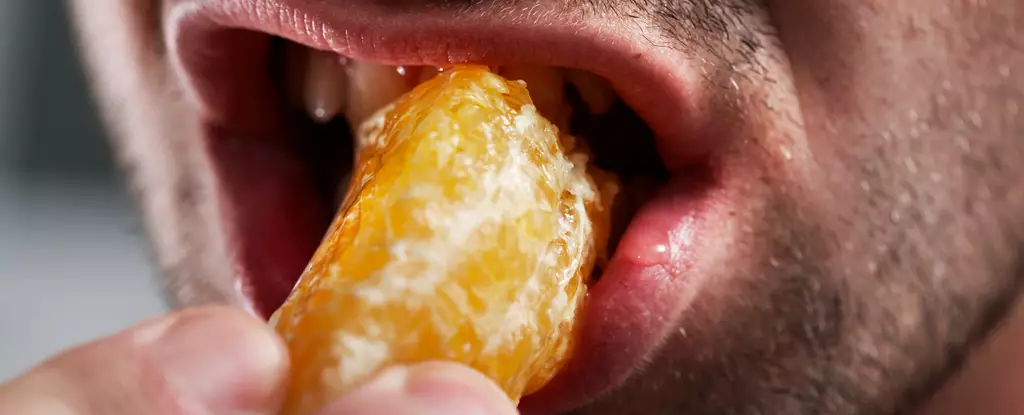Misophonia, characterized by a strong emotional reaction to specific sounds—such as chewing, slurping, and snoring—presents a unique psychological challenge. While many individuals experience discomfort from common irritations like nails on a chalkboard, misophonia involves a more profound disturbance that can disrupt daily life. Emerging research suggests that misophonia could be more common than previously recognized, with a significant number of individuals suffering from this condition without understanding its complexities.
Recent studies, particularly a survey released in 2023, indicate that misophonia may have genetic underpinnings akin to those found in various psychological disorders, including anxiety, depression, and PTSD. This raises pivotal questions about the nature of misophonia and its potential link to broader psychological frameworks.
In a noteworthy study conducted by researchers at the University of Amsterdam, extensive genetic data from a range of reputable databases—including the Psychiatric Genomics Consortium and 23andMe—was analyzed. Participants who identified themselves as suffering from misophonia exhibited a higher prevalence of genes connected to psychiatric disorders. These findings suggest psychological sensitivity may be biologically rooted, and the presence of overlapping genetic markers with conditions like tinnitus amplifies this notion.
Tinnitus, often described as a persistent ringing in the ears, has been shown to correlate strongly with anxiety and depressive symptoms. The researchers noted, “Genes that confer sensitivity to PTSD also seem to increase the likelihood of misophonia,” implying a possible shared neurobiological mechanism. While this does not definitively indicate that misophonia and these disorders stem from identical causes, it does signal the significance of genetic investigations into the condition.
Misophonia affects individuals in various ways; some may react with mere annoyance, while others might experience overwhelming distress that interferes with their daily functioning. The emotional reactions to trigger sounds can span a wide spectrum, including rage and anxiety, which can be difficult to manage. In examining these reactions, researchers found that individuals with misophonia often internalize their emotions. This internalization is closely related to personality traits such as neuroticism, guilt, and loneliness.
Smit and his colleagues theorized that misophonia could stem from feelings of guilt associated with certain emotional responses, rather than external expressions of anger. This nuanced understanding not only highlights the complexity of misophonia but also emphasizes the need for emotional and psychological awareness in managing such conditions.
Interestingly, the study indicated that individuals on the autism spectrum (ASD) were statistically less likely to experience misophonia. This observation contradicts expectations, as those with ASD often have heightened sensitivities to sensory inputs. The researchers concluded that misophonia and ASD might be independent disorders in terms of their genetic expression. This distinction is crucial, suggesting that various forms of misophonia may exist, potentially influenced by individual personality traits and emotional conditioning related to specific sound triggers.
Moreover, the researchers acknowledged limitations in their study, including the predominance of European genetic data, which may not necessarily correlate across diverse populations. The reliance on self-reported diagnoses also raises questions about the accuracy of the findings, leaving room for future investigation that may further elucidate the biological mechanisms of misophonia.
The implications of these findings are substantial, particularly regarding potential treatment avenues. The researchers hinted at borrowing techniques from PTSD therapy to develop effective approaches for managing misophonia. This connection emphasizes the necessity for a more profound exploration of the biological and psychological aspects of misophonia, inviting further scientific inquiry and a more comprehensive understanding of the condition.
As the field advances, there is a growing need to explore how genetic and psychological factors coalesce in misophonia. Understanding this complex relationship can pave the way for enhanced interventions and support systems for individuals grappling with this often-overlooked affliction. In doing so, we may not only alleviate the distress associated with misophonia but also contribute to a broader understanding of how our genetics and environment intricately weave together to shape our psychological experiences.


Leave a Reply